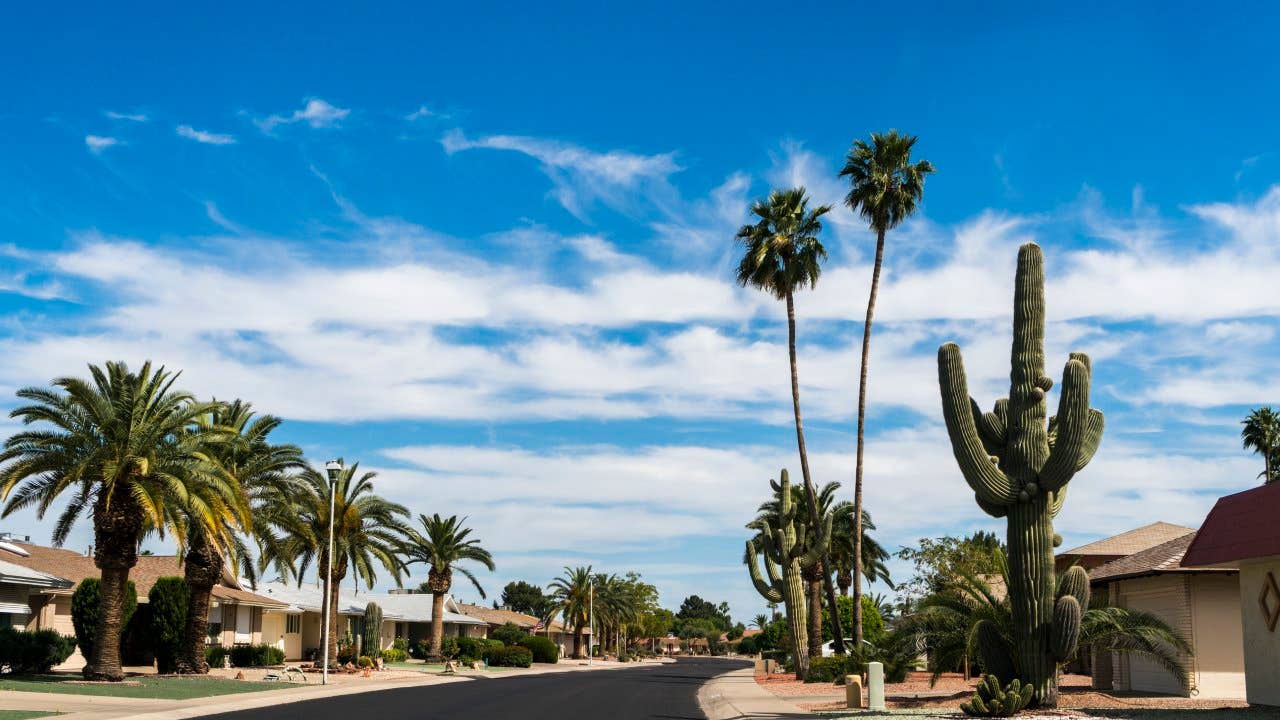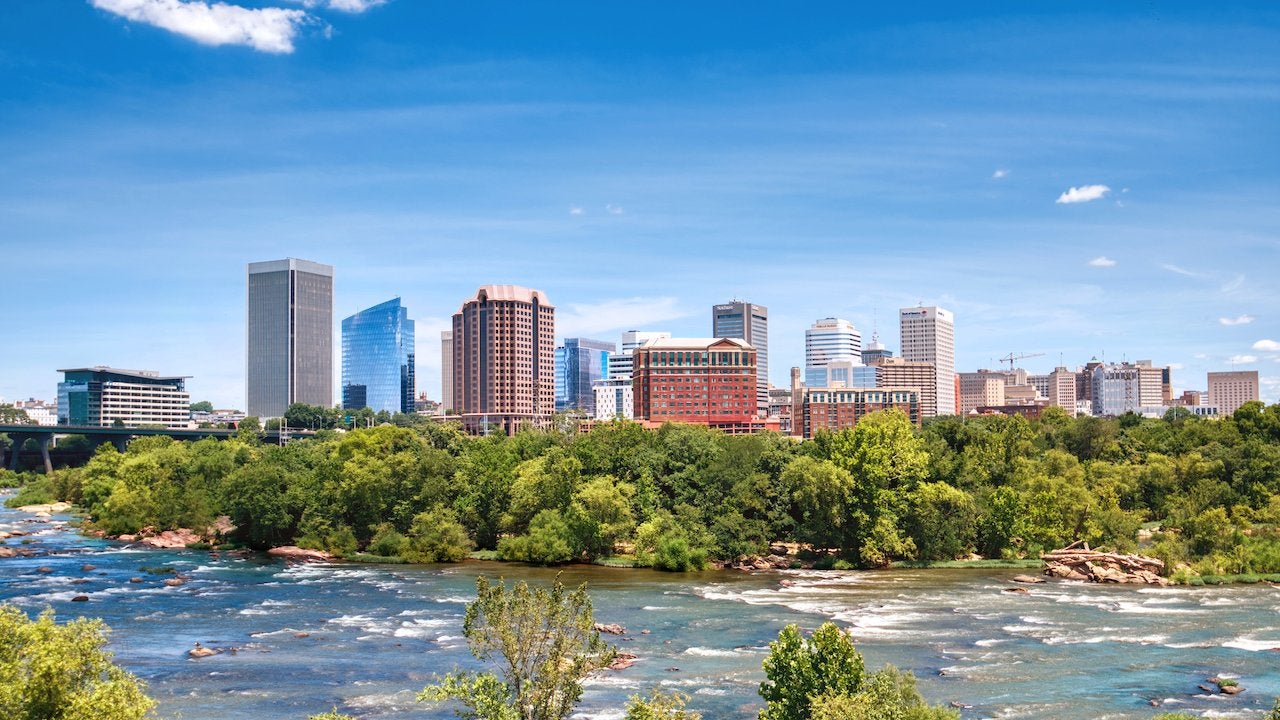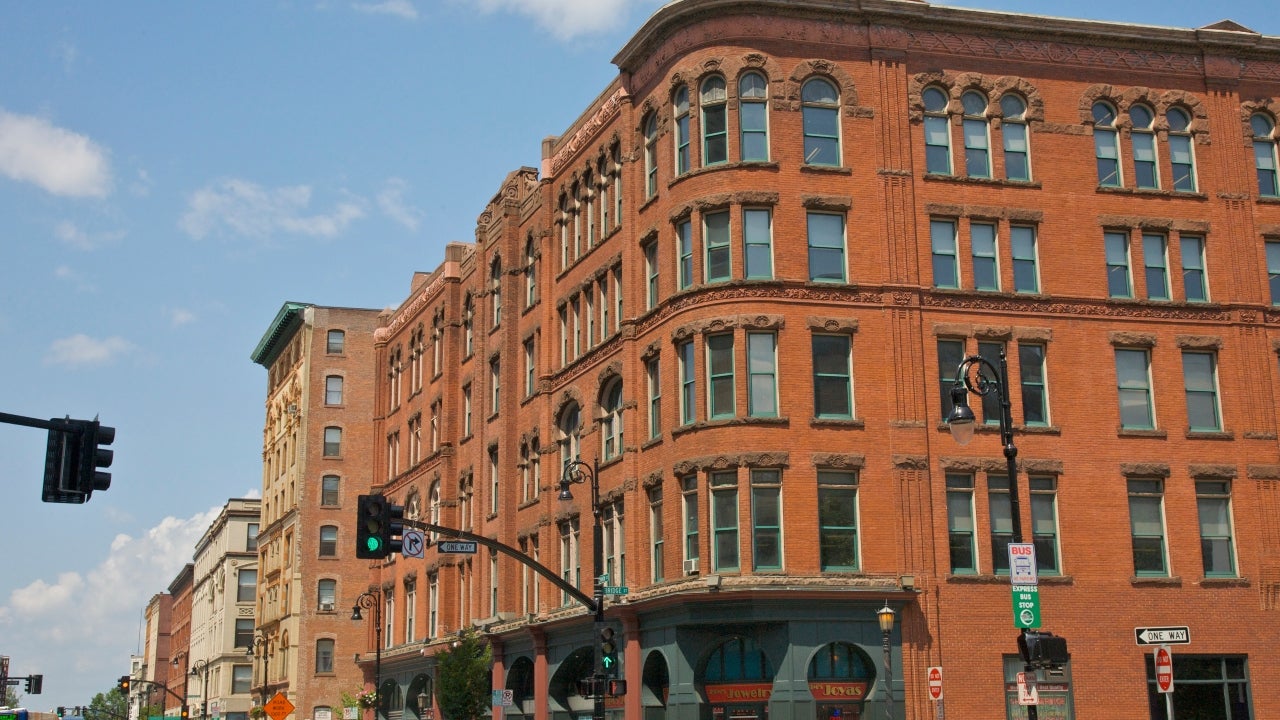Arizona housing market: Everything you need to know

A state that’s synonymous with year-round sunshine and expansive desert landscapes, Arizona is the 14th most populous state in the country — and growing. Over the past decade, it has attracted more than 860,000 new residents, increasing Arizona’s population by 13.4 percent.
Whether you already live in the Grand Canyon State or are contemplating a move there, you may be curious about the Arizona housing market. After the roller coaster ride of the last few years, the pandemic’s impacts on real estate here are finally starting to fade.
Arizona housing market overview
The common refrain that “all real estate is local” certainly holds true in Arizona. Housing market conditions vary throughout the state. For example, while home prices in Phoenix have recently begun trending downward, according to Redfin data, the same cannot be said for Sedona, Scottsdale and some of the state’s other luxury markets, where homes are still experiencing year-over-year upward momentum.
Arizona housing trends and stats
- Home prices in Arizona have been declining overall. The median price for a home in the state as of January 2023 was $406,200, according to Redfin. That’s a decrease of 3.8 percent over the same month in 2022.
- About 39 percent fewer homes were sold compared to the prior year.
- Homes also spent far longer on the market in January — an average of 70 days, which is 32 days longer than last year.
- During the same timeframe, the sale-to-list ratio for the state was around 97 percent.
- About 37.4 percent of homes had to drop their prices to close a deal in January.
- Closing costs in Arizona were on average about 1.2 percent of a home’s list price as of 2021, according to data from ClosingCorp.
Should you buy or sell in the Arizona housing market?
Deciding whether it’s a good time to buy or sell a home is often based on many personal and financial factors. However, local market conditions should also be part of your deliberations.
If you’re a home seller
By some accounts, home sellers in Arizona still have the upper hand. There are two primary factors contributing to this reality — the continued influx of residents from higher-priced states like California, and a shortage of housing inventory.
Though some experts suggest the real estate market in the state is slowly beginning to cool. One of the main reasons for this is higher mortgage interest rates, which are making monthly mortgage payments far less affordable for prospective buyers. If you’re selling a home, work with an agent to be sure you have a good idea of how much your house is worth, and be prepared to do more negotiating with buyers in order to close a deal.
If you’re a homebuyer
For Arizona home buyers, some market dynamics are growing more favorable. For instance, the median sale price for a home in many parts of Arizona is declining. Overall, costs have come down nearly 4 percent as of January, per Redfin. But that’s not the case everywhere. In Scottsdale, prices were down just 2.8 percent, Sedona prices were down by a full 8 percent, and in Tucson, prices were actually up by 5 percent.
Identifying a region of the state where home prices work for your budget as a prospective buyer is key. Bankrate’s affordability calculator can help you crunch the numbers for your homebuying budget. It’s also important to get preapproved for a mortgage so that you have a clear understanding of how much you can afford.
Arizona housing market predictions
While the housing markets in some parts of Arizona are on the decline after two years of a hot streak, in the state as a whole, things look more balanced. The market is normalizing in much of the state, meaning prices aren’t increasing as rapidly as they once were and negotiation among buyers and sellers is becoming common once again. That lines up with the overall outlook nationwide, where real estate is slowing down but is not expected to crash.
There are always competing outlooks when it comes to predicting the future of the market, however, and by some accounts, continued limited inventory in the state means sellers may still have the upper hand for some time to come.
Arizona’s water challenges are also important to bear in mind when considering real estate in the state. Because of climate change and related water shortages, the state is expected to experience significant changes to its lifestyle and environment in the years to come. In some cities, this has already resulted in new ordinances limiting the size of residential pools, while in other areas, residents are being encouraged to overhaul yards and remove grass.
Find an Arizona real estate agent
With housing market conditions continuing to fluctuate throughout Arizona and the country, the assistance of a real estate agent can be critical. It’s a good idea to find an agent who knows the area well and has a thorough understanding of local market dynamics. Consider asking friends or family for recommendations if they’ve had a positive experience working with a local agent.
Whether you are buying or selling, an experienced agent can help you navigate the current conditions more successfully, particularly when it comes to identifying the appropriate list price for your home or making an offer on a prospective purchase.
FAQs
-
Median home prices have declined somewhat. As of January 2023, they were down 3.8 percent year-over-year, according to data from Redfin. Though some Arizona market forecasts suggest prices may increase over the course of 2023, albeit at a slower pace than in recent years.
-
Buying a home is a decision based on many factors, including your personal and financial circumstances. However, there are cities throughout Arizona where prospective buyers can now buy a home now for a more reasonable price than just a few years earlier. And with the state’s population on the rise, long-term investment prospects look good.
Why we ask for feedback Your feedback helps us improve our content and services. It takes less than a minute to complete.
Your responses are anonymous and will only be used for improving our website.
You may also like

How to use your first credit card

What is the maximum Social Security benefit?

How can I sell my house fast in Virginia?



